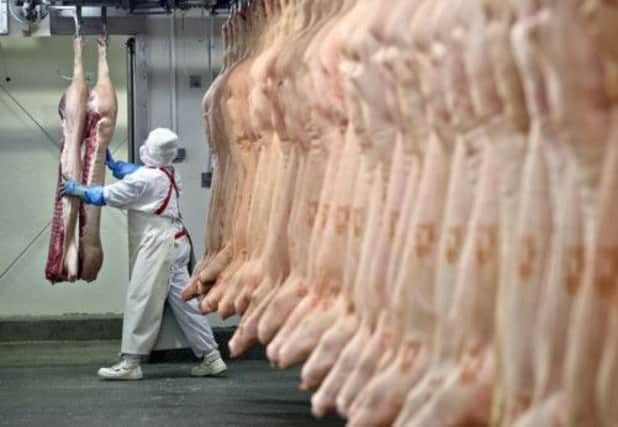Regulations alone will not build confidence in food supply


Consumers and politicians will welcome the recent review into weaknesses in UK food supply networks, but will any report just lead to more regulation and be a burden on compliant suppliers without deterring less scrupulous middlemen?
Consumers have a right to know the provenance of their food – no-one would suggest otherwise.
Advertisement
Hide AdAdvertisement
Hide AdBut the industry needs to deliver low prices for staples such as family food.


Provenance here is not about Aberdeen Angus beef – it is about the type of meat in the lasagne, the availability of nutritious basic ingredients and, for many, reliability of ready meals.
Can suppliers operate a traceable, reliable supply chain structure which delivers affordable products free from adulteration?
No-one wants regulation to drive food price inflation, so recommendations must be both risk and cost effective.
Because no new regulatory regime can eliminate fraudulent practices, one reality of a free market like the EU is that generic meat may come from countries of multiple origin and can be traded as a commodity, with attendant risks.
One option, of course, would be to let the buyer choose (or decline) horsemeat content – provided it is clearly sold as such – but would UK consumers swallow that?
The Food Standards Agency’s (FSA) remit is restricted to food safety incidents, including food fraud which affects food safety.
The horsemeat scandal was more about consumer trust than product safety.
Advertisement
Hide AdAdvertisement
Hide AdShould the FSA have increased powers, or extend the existing safety-focused alerts to non-safety, but industry-critical supply chain issues?
If the industry can demonstrate to the FSA that collaboration and self-regulation remains effective and can avoid further regulation, will it be possible to manage both cost and risk in the supply chain?
Confidence is always a delicate flower, and consumer confidence in supply chain integrity will remain fragile unless the industry can deliver produce of known provenance, whether because or regardless of any new regulatory scheme.
• George Frier is head of food and drink services at law firm Shepherd+Wedderburn